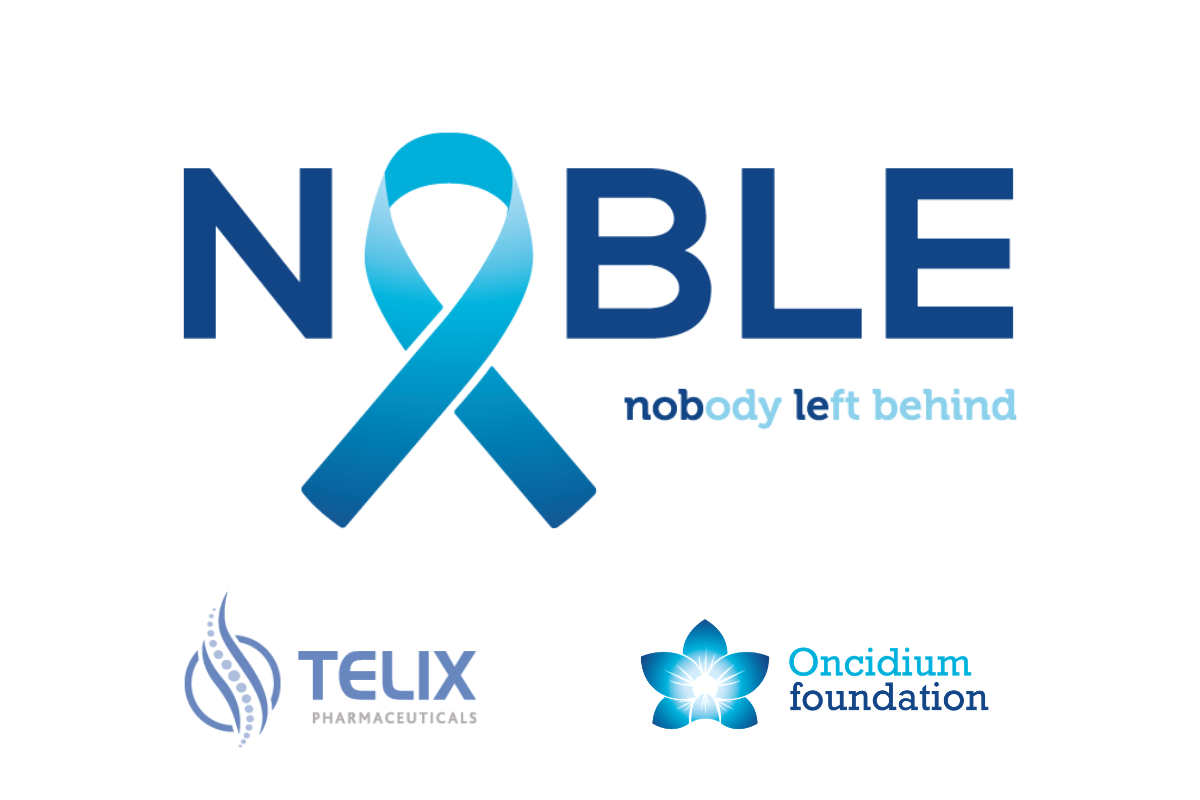
Photo Credit: The Oncidium Foundation
The Oncidium Foundation, a non-profit organization created to promote and support the development of radiopharmaceuticals for better patient access, and Australia/Japan/Europe based Telix Pharmaceuticals Limited, a radiopharmaceutical company developing diagnostic and therapeutic products (‘theranostics’) using Molecularly Targeted Radiation (MTR), have launched the NOBLE Registry, an international clinical collaboration for the development of 99mTc-iPSMA SPECT imaging for prostate cancer, and the dosing of the first patient at the University College Hospital, Ibadan, Nigeria.
In recent years much attention has focused on PSMA as a target for imaging and therapy using radionuclides for prostate cancer.
PSMA positron emission tomography (PSMA PET) is an emerging standard of care in prostate cancer imaging. Unfortunately, globally, not every patient will have access to a PSMA PET scan when indicated. The NOBLE (Nobody Left Behind) Registry aims to demonstrate that PSMA single-photon emission computed tomography (PSMA SPECT), diagnostic imaging technology is a cost-effective and viable alternative. Enhancing global availability and access to 99mTc-iPSMA SPECT imaging has the potential to provide accurate diagnosis and staging to patients with prostate cancer regardless of where they reside.
The NOBLE Registry Committee, made up of globally recognized investigators at eight sites worldwide, aims to deliver and publish real-world evidence and clinical practice guidelines related to SPECT imaging and prostate cancer.
“The advancement of PSMA directed diagnostics and therapeutics in prostate cancer is helping to extend life and improve treatment outcomes in men with prostate cancer,” said Dr. Batool Albalooshi, Chair of the NOBLE Registry Committee. “However, millions of men do not have access to PET imaging. For this reason, it is our aspiration to develop a powerful, affordable, and widely available alternative imaging tool by using iPSMA SPECT technology.”




